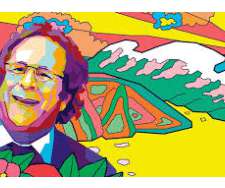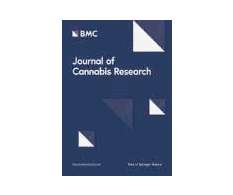New Study: Demographic and policy-based differences in behaviors and attitudes towards driving after marijuana use: an analysis of the 2013–2017 Traffic Safety Culture Index
Cannabis Law Report
JUNE 10, 2021
In short the study learns that legalized states tend not to have their roads overcrowded with stoned drivers and cannabis users like alcohol users self police their behaviour. The Traffic Safety Culture Index is an annual survey with national scope and multiple measures relevant to driving after marijuana use. Materials and methods.











Let's personalize your content